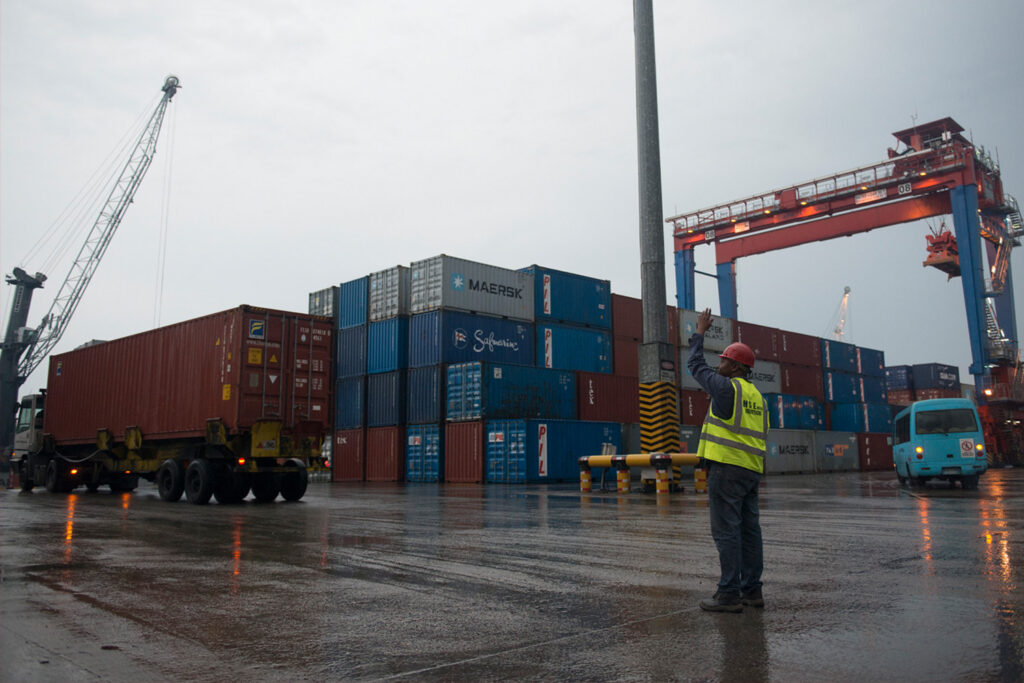APM Terminals has stated that lasting infrastructure, inclusive employment, and sustainable growth in Africa could only be achieved through a public-private partnership arrangement, which entails sharing knowledge and co-investing in the future.
According to a statement on Wednesday, the Regional Managing Director, Africa and Europe at APMT, Igor van den Essen, disclosed this at the recently concluded Africa CEO Forum held in Abidjan, Ivory Coast.
Speaking during a panel session, Igor explained that public-private partnerships are essential for enabling long-term development.
“This is precisely the mindset guiding our engagement. In Nigeria, for instance, we are in active discussions with the port authority and government partners to upgrade our terminal in Lagos to service larger vessels, strengthen connectivity, and lower the cost of doing business. This is operational excellence in action, built on local collaboration, long-term planning, and customer-centric design to create joint predictability and stability,” Igor said.
He added that Africa could play a vital role in global trade, driven by its rapidly growing populations and economies. “Yet, without major investment in ports, roads, and rail, its infrastructure gap will only widen.” He reasoned.
According to Igor, economic development is directly linked to robust port infrastructure, stressing that seaport upgrades, inland connectivity, and corridor developments are among the most effective levers for improving competitiveness, boosting exports, and driving the economy.
“Investing in infrastructure is investing in Africa’s future. It strengthens local industries, attracts private investment, and provides the foundation for stable and self-sustaining growth. That’s why our investments go beyond the quay. We’re building integrated logistics services, including cold chain solutions, distribution hubs, and digital tools that boost safety, reliability, and performance across the board. Integration is how we remove barriers, unlock efficiencies, and deliver results for all stakeholders,” Igor said.
Over 2,000 leaders and decision-makers from the public and private sectors in Africa had convened last week in Abidjan to explore how unlocking capital and strengthening logistics and infrastructure can unleash the continent’s next growth phase.















